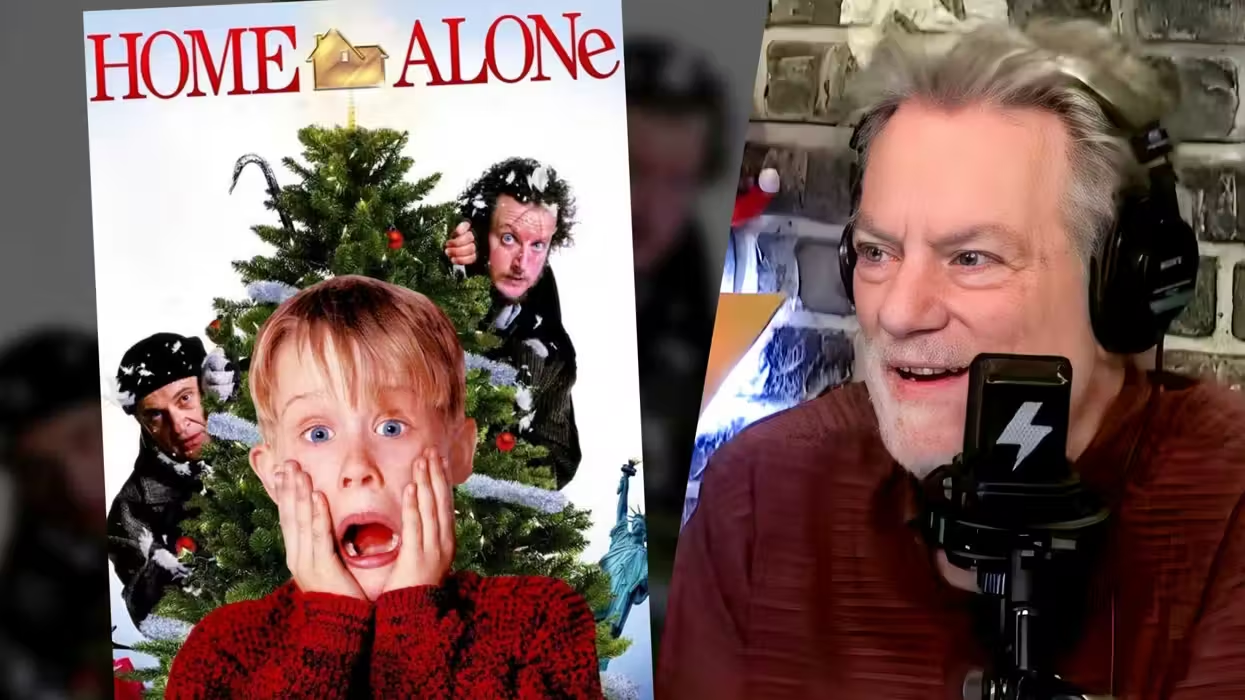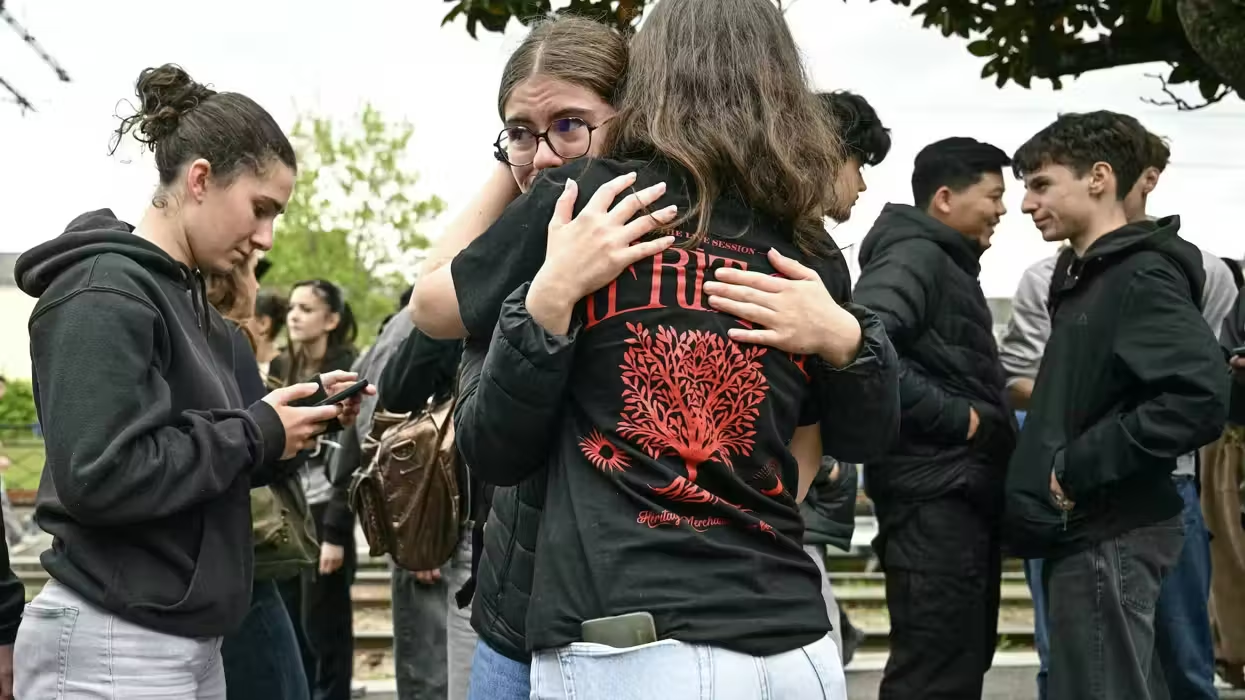
© 2025 Blaze Media LLC. All rights reserved.
This Is What Happened When the BBC Confronted a 'Brutal, Bigoted' Facebook Troll
February 09, 2012
"Is it illegal?"
There's a sense of anonymity on the Internet -- a quickly disappearing condition -- that has some users feeling like they can say anything to anyone without consequences. One person in Britain, considered a "Facebook troll," has written things that CNET calls "brutal, bigoted, and sometimes racist." And now he's been hunted down and confronted about them.
Trolls such as this often get away with their antics, but not any more. The BBC tracked down a man who goes by Nimrod Severen -- legal name is Darren Burton who lives in Wales -- who has said things on Facebook like "rot in piss" -- a play on "rest in peace" -- on a deceased person's Facebook page and has also used the n-word against some. BBC says that Burton seems to prey on tribute sights for deceased individuals.

BBC's main goal was to ask Burton "why?" "How does he justify the trolling that he does?"
As BBC points out, some of his comments might be considered so racist that they are against the law -- in Britain (which has much stricter free speech rules). When asking Burton what he thinks of the people behind the pages he offends, he responds "F*** 'em". Even as Burton gets on a city bus, BBC's Declan Lawn doesn't give up, continuing to ask questions, which bring Burton to the door.
Watch this clip from BBC's confrontation with Burton (via The Next Web):
CNET has more on the sentiment that Facebook and other social media sites are an open forum for users to say anything:
"Facebook is an open forum," he insisted. He also believes that the courts wouldn't punish him, in his eyes, severely.Referring to a previous case, in which time served was very short, he said, contemptuously: "Nine weeks? Nine weeks in jail? What's that?"
Somehow, people have come to believe that the Web is a place where everything can be said. Some companies appear to foster the notion.
For example, when Facebook was reluctant to take down Holocaust denial pages, the company's reasoning was: "The bottom line is that, of course, we abhor Nazi ideals and find Holocaust denial repulsive and ignorant. However, we believe people have a right to discuss these ideas and we want Facebook to be a place where ideas, even controversial ideas, can be discussed."
In another part of the episode "Hunting Internet Bullies", BBC also speaks to a rising pop singer in the U.K., Cher Lloyd, who has received racist comments and physical threats through social media, which has made her "very scared." BBC reports that a charity called Beat Bullying released a study recently that found 28 percent of 11- to 16-year-olds have been victim to cyber bullying.
Want to leave a tip?
We answer to you. Help keep our content free of advertisers and big tech censorship by leaving a tip today.
Want to join the conversation?
Already a subscriber?
more stories
Sign up for the Blaze newsletter
By signing up, you agree to our Privacy Policy and Terms of Use, and agree to receive content that may sometimes include advertisements. You may opt out at any time.
Related Content
© 2025 Blaze Media LLC. All rights reserved.
Get the stories that matter most delivered directly to your inbox.
By signing up, you agree to our Privacy Policy and Terms of Use, and agree to receive content that may sometimes include advertisements. You may opt out at any time.






